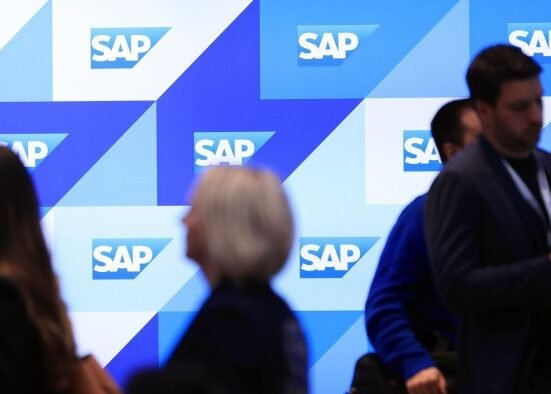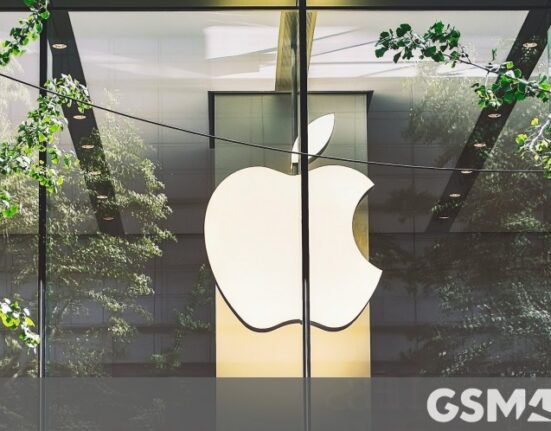The U.S. Patent and Trademark Office (USPTO) is one of the few government agencies that is a profit center and fully fee-funded within the Department of Commerce (DOC). The USPTO is primarily funded through fees collected from its users rather than taxpayer revenue, and it maintains operating reserves to ensure fiscal stability and address potential funding shortages or unexpected needs. Specifically, according to the USPTO, its fiscal year (FY) 2025 budget requested authority to spend agency user fee collections of $4.56 billion and provides for a transfer of $2.45 million to the DOC’s Office of Inspector General. With full access to the fee collection estimate to offset total spending, the USPTO is expected to add a net amount of $47 million to its combined operating reserves in fiscal year 2025.
If President Donald Trump’s administration—whether through the Department of Government Efficiency (DOGE) or another initiative—treats the USPTO like other agencies, it could weaken the competitive advantage that patents provide U.S. companies in the global marketplace. While potentially a bit self-serving, the USPTO recently reported on its website that patents, which “help generate more than $8 trillion in economic activity each year in U.S. intellectual property (IP)-intensive industries, are critically important to incentivizing innovation and investment, growing America’s economy and solving worldwide challenges.”






